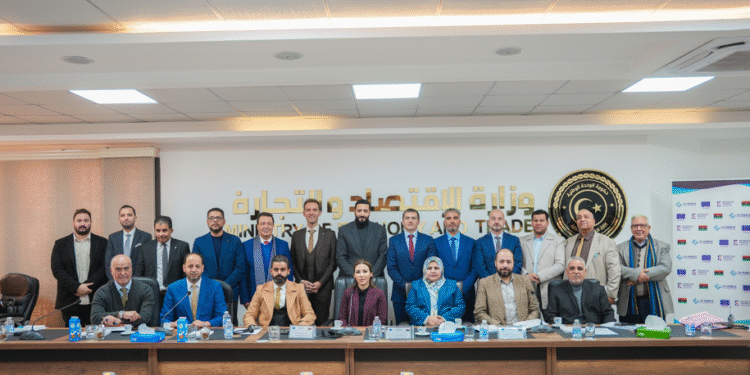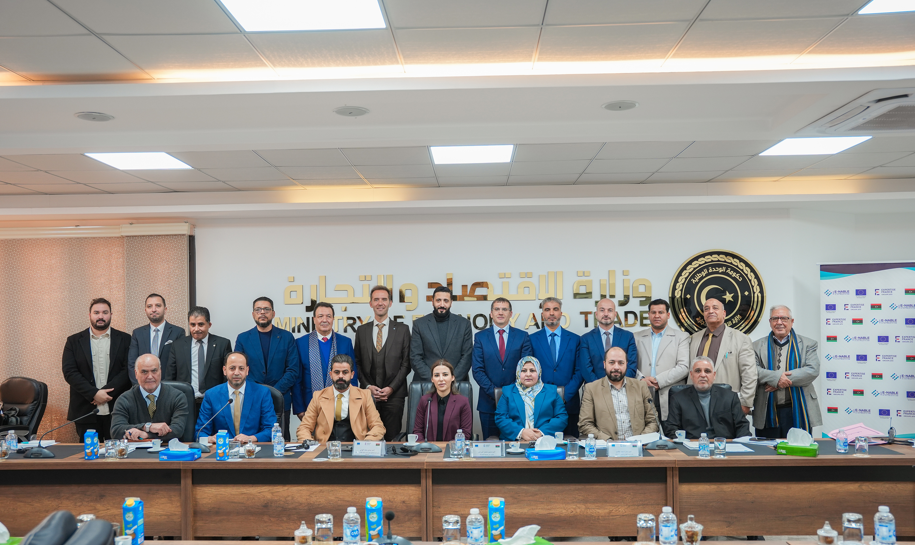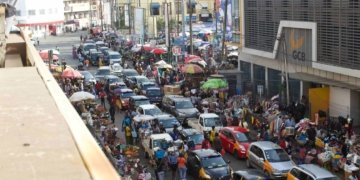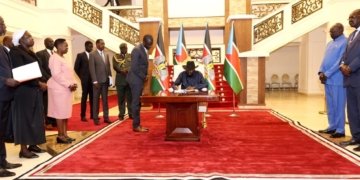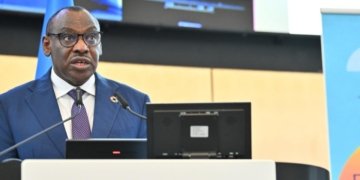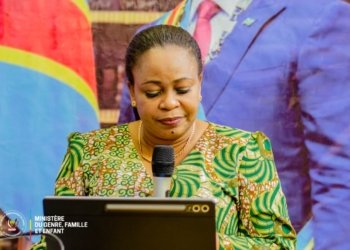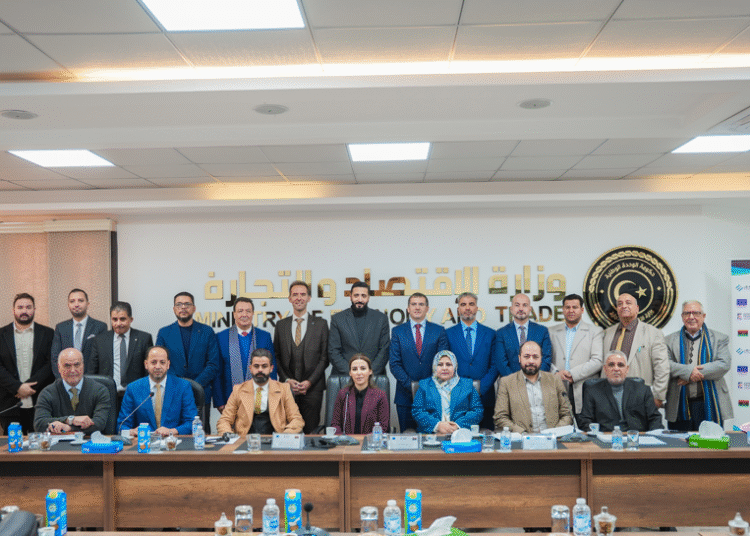TRIPOLI, Libya (BG) – Libya’s Ministry of Economy and Trade, in collaboration with international experts from Expertise France and with the support of the European Union (EU), has finalized a comprehensive National Free Zone and Transit Trade Strategy, according to a press release from Expertise France on Sunday.
The initiative aims to revitalize and develop the Libyan economy by attracting foreign and local investment, increasing exports and trade, diversifying the economy, and creating new job opportunities.
“The National Free Zone and Transit Trade Strategy represents a roadmap towards strengthening and diversifying the Libyan economy,” said Nouri Al-Qatati, Undersecretary for Free Zones at the Ministry of Economy and Trade.
“Attracting investment, creating jobs, and leveraging Libya’s potential as a regional trade hub are key priorities for the Ministry of Economy and Trade. We commend the dedication of the free zones team and the great support from Expertise France in developing this robust strategy,” he added.
The strategy takes a comprehensive approach, acknowledging Libya’s economic strengths and weaknesses, identifying promising opportunities and potential threats.
It emphasizes the importance of public-private collaboration, focusing on infrastructure and spatial development, legislative reform, and attracting investments through efficient mechanisms.
“The E-nable project, through its activities, brings Libya closer to achieving the goal of building a resilient economy via economic diversification and sustainable development,” said Nicola Orlando, Ambassador of the European Union to Libya.
“The National Free Zone and Transit Trade Strategy will enhance the understanding of Libya’s economic structure, strengthen existing sectors, and foster the development of new ones,” Orlando said.
A dedicated team of Libyan experts from various ministries and authorities developed the strategy, backed by the EU-funded E-NABLE project’s international specialists.
E-nable aims to improve the capacities of key economic institutions for sustainable, diversified, and digital economic recovery in Libya.
The overall objective is to improve the capacities of key economic institutions for sustainable, diversified, and digital economic recovery to institutionalize the private sector’s economic growth, with the support of both private and public sector organizations.
Since 2011 and following the Arab Spring, Libya has been facing political instability and economic hardships.
Establishing the E-nable project is crucial to support Libyan institutions and the private sector in economic governance and digital transformation.
Several workshops held in Libya and abroad facilitated important discussions and exchanges of ideas, ensuring the strategy aligns with international best practices.
The team also gained valuable insights from a study tour of Morocco’s successful Tangier Free Zone.
The Ministry of Economy and Trade is ready to commence a comprehensive, 15-year phased implementation plan as the strategy has been finalized. According to the media release, this structured approach will ensure the targeted rollout of free zones and transit trade initiatives, unlocking significant economic opportunities for Libya.
